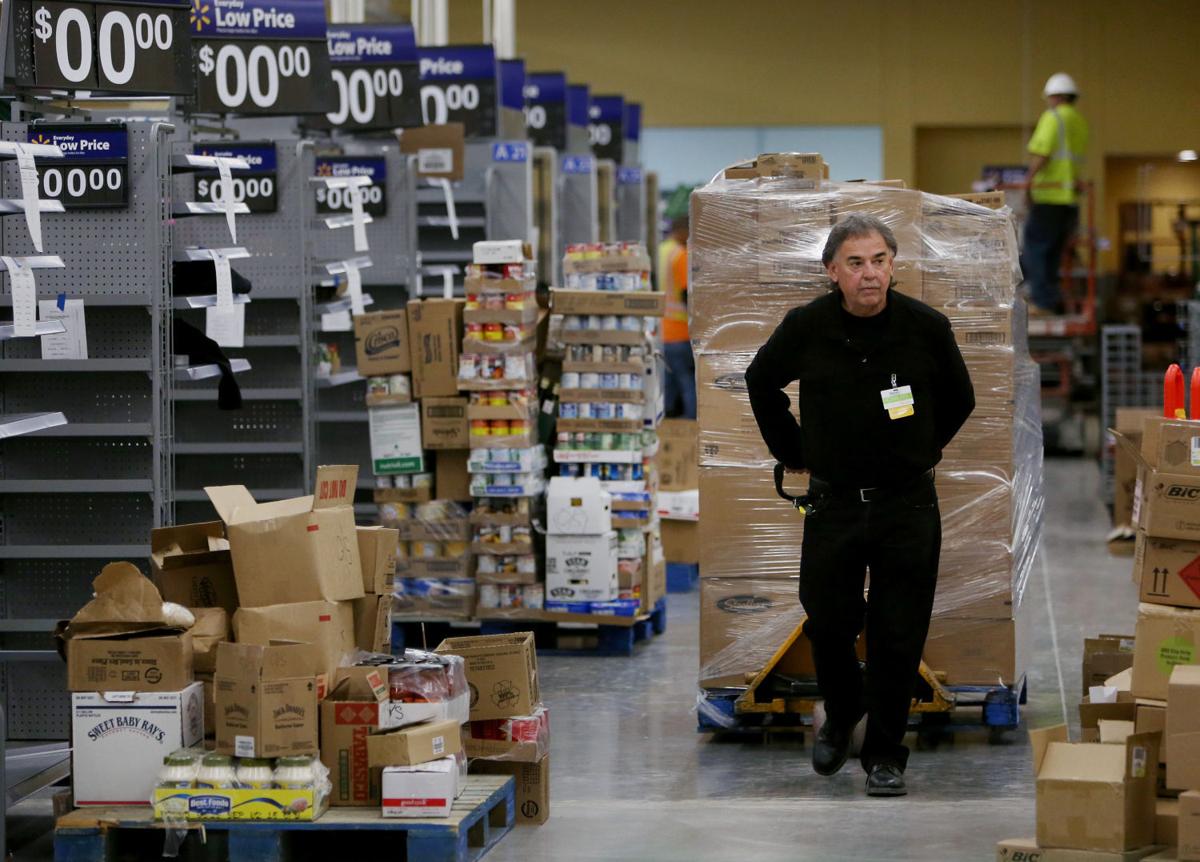Dozens of Tucsonans filled a hearing room to share their concerns about a new proposal: earned sick and safe time for employees of all businesses within Tucson city limits.
The discussion, which in three public hearings has devolved into name-calling and crying, has two polarized sides digging in.
The side opposing the proposal says it is an egregious government overstep that will hurt the very people it was designed to help. Supporters say it is a human-rights issue for parents and workers, and a public health issue for all of Tucson.
Councilwoman Regina Romero of Ward 1 recommended the proposal. It would require all businesses within Tucson city limits to give workers one hour of paid sick leave for every 30 hours work.
After 90 days of employment, workers could begin accumulating paid sick leave and could use up to 40 hours a year at a small business with fewer than 10 employees, or up to 56 hours per year at a larger business. Workers would not be required to find someone to cover their shifts while using sick time.
The final of three public hearings to discuss the potential proposal was Thursday. No decisions have been made.
After the public hearing, stakeholders sent their ideas for next steps to the city manager, Michael Ortega, who will create a report on the outcome of the three meetings. There’s no sign the City Council will take action any time soon.
Councilman Paul Cunningham, of Ward 2, hosted the most recent public hearing.
“No matter what happens long term, Tucson will be better after this” for having had a healthy discussion of the issue, Cunningham said.
The meeting allowed 26 small-business owners, employees, physicians and concerned citizens two minutes each to comment on the proposal. Of the 26 who spoke, 11 supported the proposal and 15 opposed it.
The public comments began with name-calling when Shirley Muney of the American Association of University Women compared employers who don’t offer earned safe and sick time to plantation owners in the South.
After public comments, 13 stakeholders stated their official positions and discussed recommendations.
Many participants hoped to find common ground, but with the divisions so deep, most refused to budge.
Fred Ronstadt of the Fourth Avenue Merchants Association, representing over 100 small businesses, opposed the proposal.
“The city should focus on the things it’s responsible for,” Ronstadt said. “Stay out of small private businesses.”
Ronstadt said while the aim of the proposal is to help members of the community with lower income, the proposal would adversely affect them most.
Some of the business leaders said there would be fewer jobs, or businesses would move jobs to areas outside city limits.
Those opposed to the plan include the Tucson Metro Chamber, the Downtown Tucson Partnership, the Arizona Restaurant Association, the Arizona Food Marketing Alliance, the Tucson Hispanic Chamber of Commerce, the Arizona Transportation Builders Association and the Arizona Builders Alliance.
Molly McGovern and Jim Parton of United Food and Commercial Workers Local 99 supported the proposal.
“Tucson has a chance to play a leadership role,” McGovern said. “It’s a public health issue.”
Others supporting the proposal include the Arizona Center to End Sexual and Domestic Violence, Jobs with Justice, the Center for Neighborhood Leadership and some members of the University of Arizona College of Law.
Parton gave the audience a step-by-step math problem.
“Let’s assume every employee takes their leave,” Parton said. “That’s 56 hours, a 2.5 percent increase on the cost of payroll. Now, let’s assume that the employers’ only cost is payroll. Their total cost will go up 2.5 percent. Now let’s say all of that goes to the consumer. Now the consumer has to pay $10.25 for a $10 sandwich. And that’s the maximum.”
Many members of the audience disagreed with Parton’s example, some calling him a liar and others saying the figures were subjective.
Shelby Collier, owner of Beyond Bread, said it would cost his business in excess of $250,000.
Some people said that while the proposal is well intentioned, it should be state-mandated, not a city ordinance.
Romero said the concept of earned safe and sick time has been discussed on a city, state and national level, but there are clear reasons the proposition hasn’t ever made it far.
“Many employers already have safe and sick time, and yet there’s no action,” she said. “Mostly because our Republican Congress has not moved it forward.”
Romero said she plans to continue pushing the proposal despite opposition.
“We have to keep discussing and working together as a city,” Romero said.





